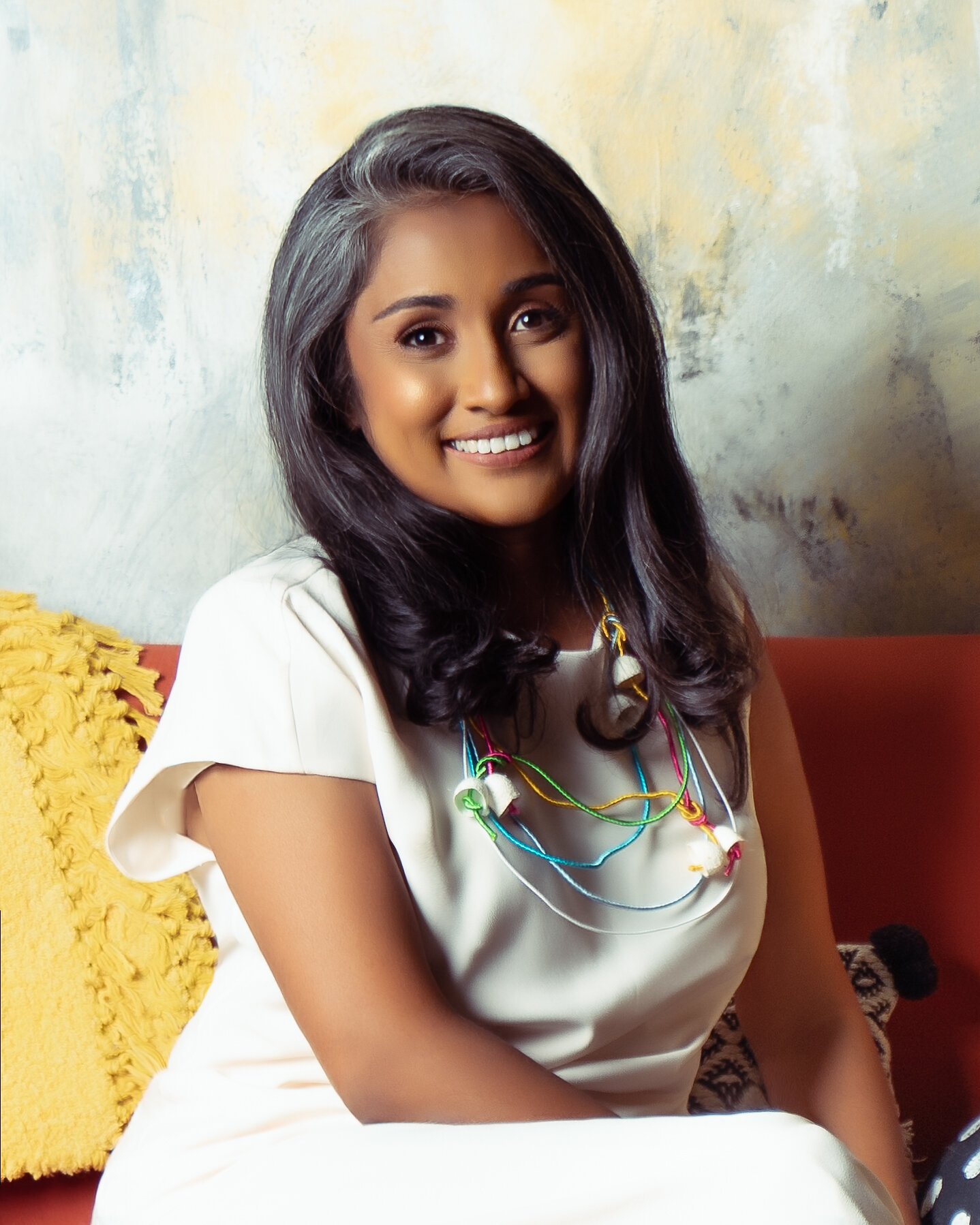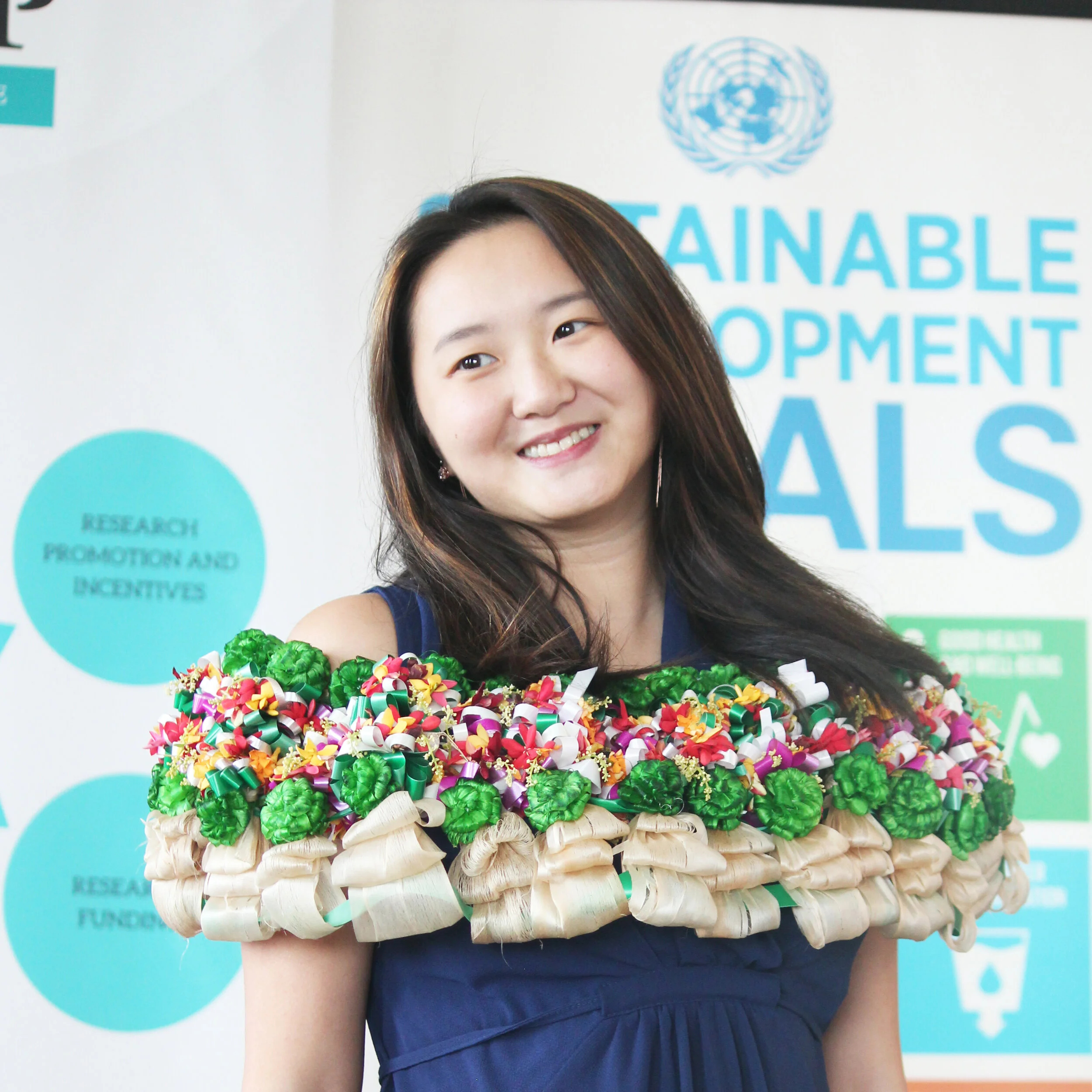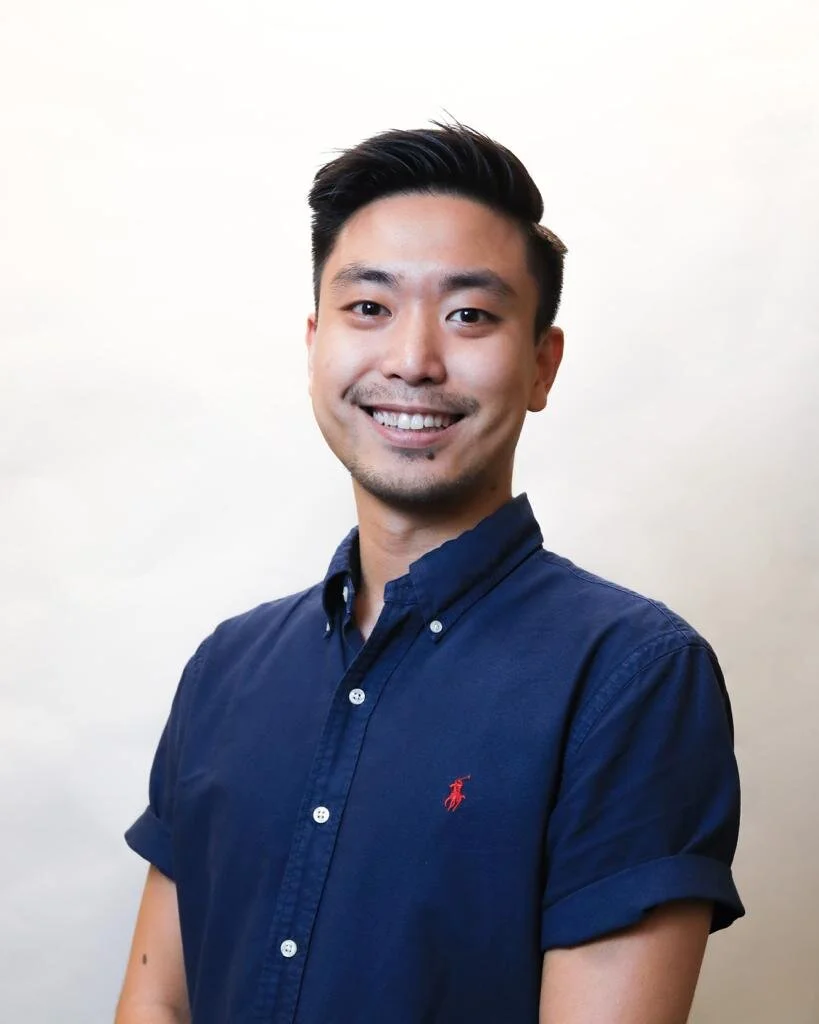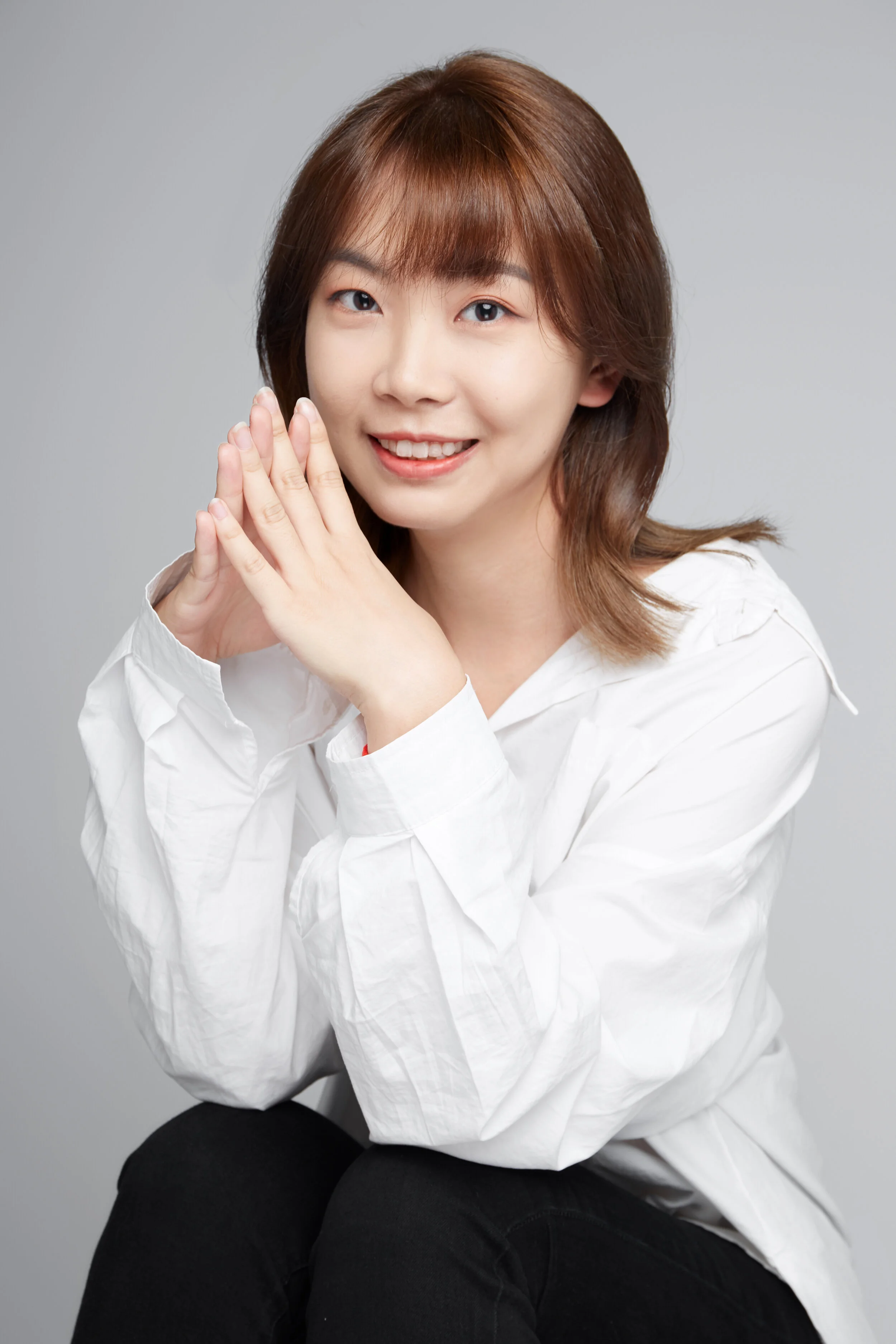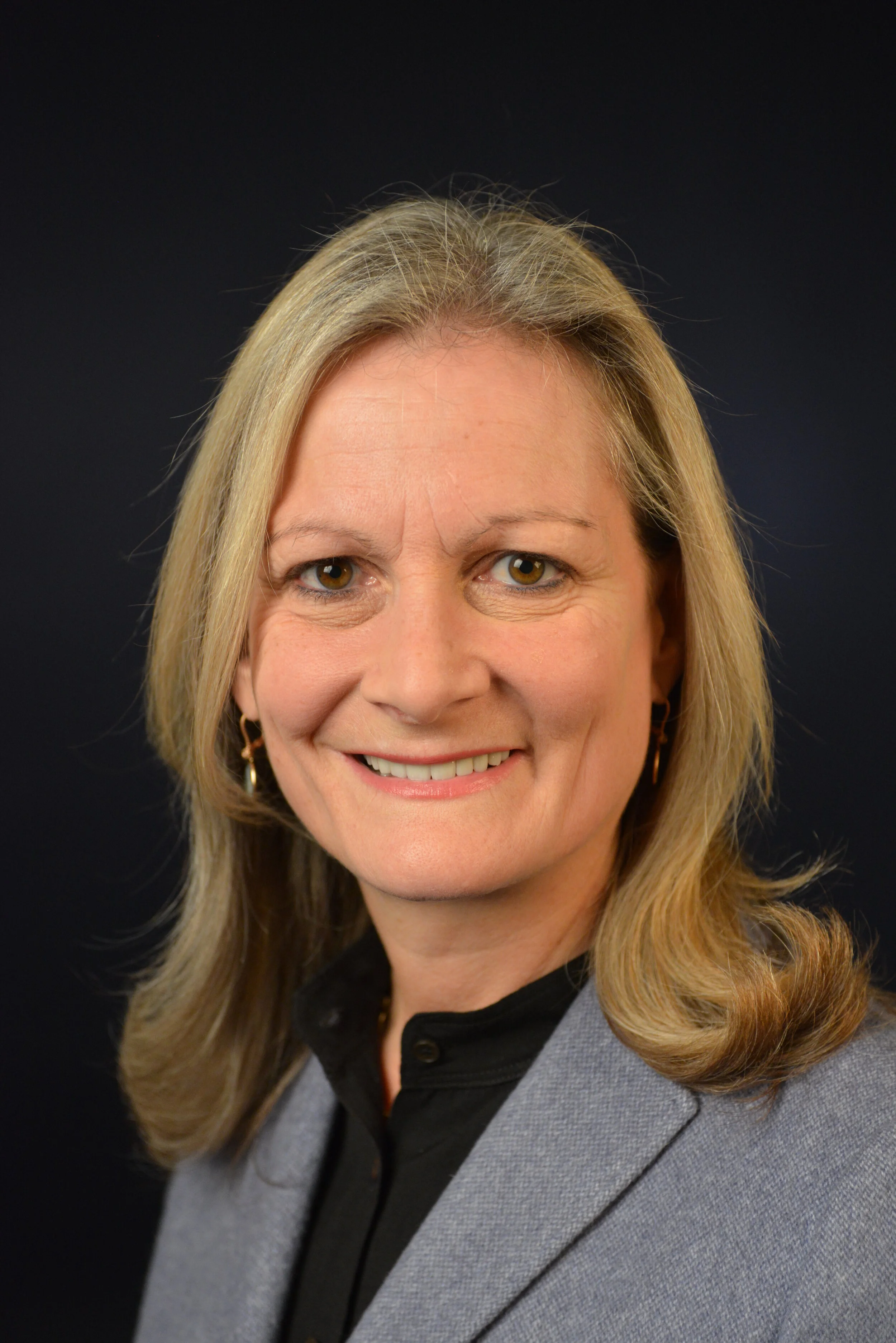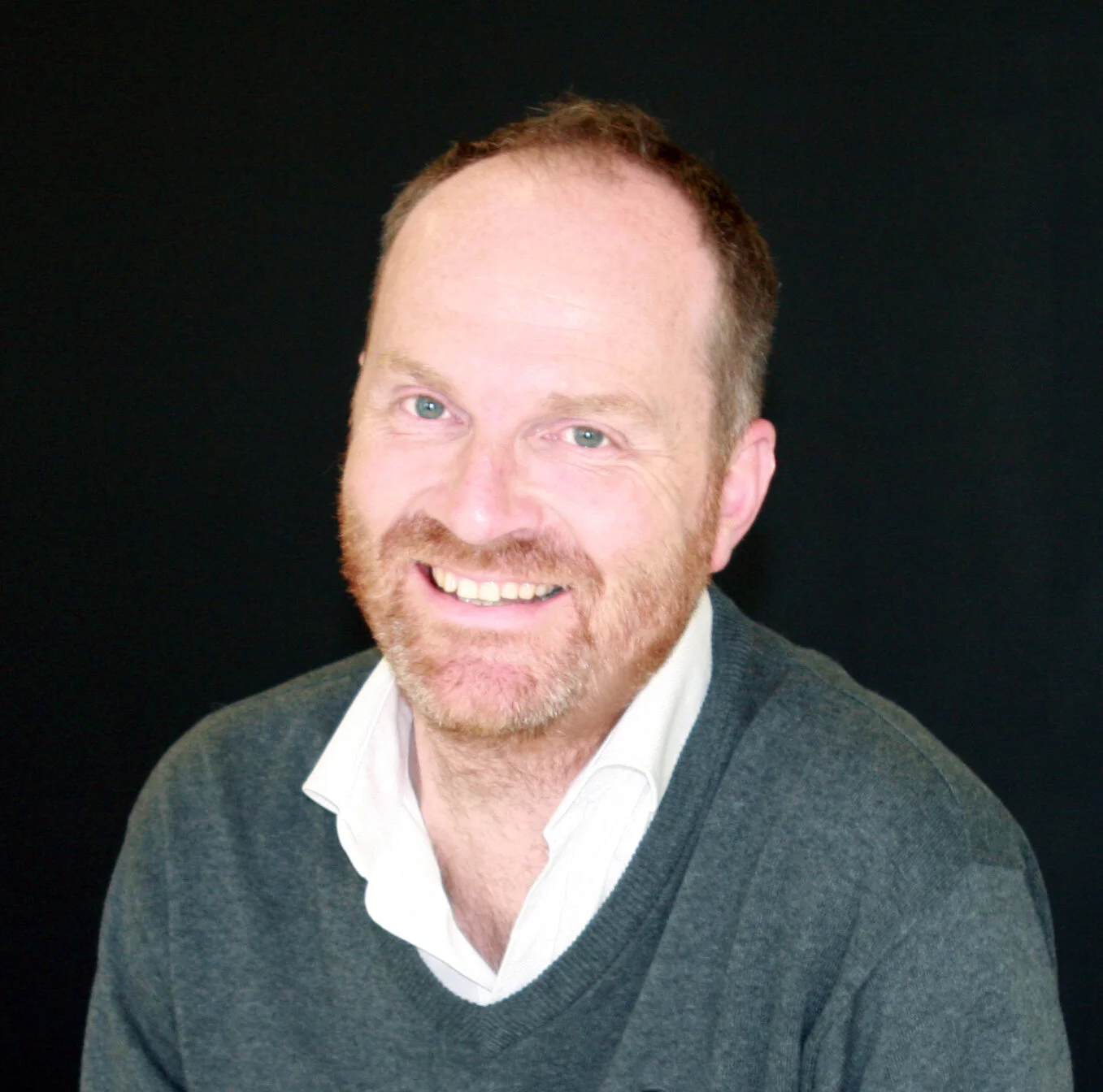Amra Naidoo - We Can All Do Better
I was planning on releasing an episode from another amazing guest but given recent events, I think it’s an important time to stop and reflect about a new era that we have well and truly entered. This is an episode about tolerance and finding common ground to overcome some of the biggest problems the world is facing. These thoughts have been weighing heavy on my mind for a few years now, but over the past few months I’ve been putting it altogether. Challenging my beliefs and assumptions. Although many of us are genuinely concerned with the direction the world is heading in, I believe that we can all do more. We can all do better. I was honestly a bit nervous about releasing this episode, because I don’t want to sound like I’m coming to the defence, or attacking any certain type of person. I am not discrediting real experiences or feelings from people either. I also don’t want to come across as preachy. My aim is to open up dialogue and challenge you to think further about your role, whatever your opinion is, and how you can do better. The purpose of this podcast is not only about doing good and hearing about different ways to do good. But it’s also about challenging misconceptions and challenging beliefs, ideas and assumptions. It’s open having open discussion and critique in a supportive community that cares about a sustainable future for every being. The fact that I even feel the need to preface this episode with that little disclaimer means that I am anxious about the response that it’s going to get, even though the whole point is to open dialogue. How ironic is that! Despite my anxiety, I’d love to hear your thoughts and ideas, so long as they’re constructive!
"The greatest challenge of the future will be to find common ground - to close the increasingly growing divide between class, race, gender, wealth and beliefs."
You can listen to this episode on this page or on your favourite podcast destination. If you prefer to read, I've got the full transcript below
Episode transcript:
Hi, it’s your host Amra here. Welcome to the Doing Good Podcast. Now a bit of background about me will help with understanding what I’m about to say: I was born in Zimbabwe and lived there until I was 12. My mum is Chinese from Hong Kong and my dad is Indian from Zimbabwe. During my childhood, we travelled a lot. Although I didn’t realise, understand or appreciate it at the time, we lived a privileged lifestyle. Then when things got difficult in Zimbabwe because of the political situation, we immigrated to Australia and set ourselves up on the Gold Coast. Coming from Zimbabwe, which I felt was quite multicultural, I ended up in a school where I was one of two brown students in the entire high school. I learnt a lot about racism, privilege and ignorance during my high school years.
I didn’t know I was different until I came to Australia. I wasn’t different until I came to Australia…
I remember just walking through shopping centres in Australia with my family and being hyper-aware that we were different. That people were staring at us. We were outsiders and we were not welcome. I knew that I didn’t belong. And that wasn’t in some random remote area… That was on the Gold Coast. Although I do remember once, when we were in a small town, people actually stopped what they were doing to look at us walk through. Can you imagine that? A town full of white Australians, probably never seeing a brown person in their town before, let-alone 1 Indian, 1 Chinese and 2 Chindians. I remember feeling so uncomfortable that I just wanted to leave. We didn’t end up staying long. We didn’t talk to anyone and we never went back.
As I started to make friends in my high school I learnt something else. People are, by default, scared of different. It’s ingrained in our DNA. We’re cautious about things we’re not used to: the ‘new’ or ‘different’. It signals change or confronts what we previously thought about ourselves, our community, our world…
But, people are also curious about ‘different’. Coming to terms with that opened up a whole new world about human identity, fear and curiosity about those that are different from you. I realised that most people have never met anyone too different from them.
How many people do you know outside of your race? How many people do you know out of your socio-economic class? How many people do you know out of your political or religious beliefs? How many people do you know that are all three?!
Now, listeners of this podcast are by design some of the more ‘worldly’ and empathetic, global citizens open to new cultures, new perspectives and the issues that face us all. BUT, I can guarantee that there will be at least one of these groups that you don’t know much about. Or one that you don’t know anything about. And when you never meet, or hardly interact with someone who is different from you, you form opinions about them based on the media and what other people say.
Fearing ‘different’ is humanity’s default reaction. Different beliefs, different perspectives, different priorities. Fear is the EASIEST option, and when we’re bombarded with targeted, contextualized & tailored news feeds designed to keep us in our comfort zones, and a media that’s incentivized to polarize its audiences rather than present objective, fact-based reporting - fear becomes easier and a more powerful influence than stepping out of your comfort zone and understanding.
We sit in a bubble where we read news that supports our opinions. Our circle of friends follow similar religious ideologies or political beliefs. We head on to Facebook and algorithms show us what we want to see but not what we need to see. We follow thought leaders who share our opinions on Twitter. Something happens on the news and we are surrounded by people that only agree with us. Our minds don’t expand and don’t seek to understand other points of view because we are always right. In our bubble, everyone agrees with us. For those who do step a little bit out of the bubble and actively seek alternative views, we’re surprised by how extreme they are from our beliefs and more often than not, we jump back in to the comfort zone of our own little bubbles, rather than seeking to understand. We dismiss the people who don’t agree as crazy, or uneducated, racists, or as politically correct, feminazis or leftie-hippies. Someone comes up with a different opinion and they are shut down and often personally attacked for their point of view.
I know you’ve seen it happen before. We’ve heard it all before. We see it every day in the news. Whatever side of the fence you sit on different issues, there is a growing sentiment of dislike for and misunderstanding of ‘the others’, the people who are different to us, come from somewhere else or have different opinions. You retreat back in to the safety of the ‘known’ and comfortable. Reject the uncomfortable or scary. Dismissing the science that we are contributing to our own demise. Favouring short term fixes, over long-term solutions. Dealing with the symptoms and not the underlying causes.
The World has never been a better place in terms of progress ending extreme poverty, increased health & nutrition, access to education, but I feel like we’re at a turning point. We are at a turning point where fear has been allowed to grow and flourish – and now we have the potential to let it take over. Fear of the different. Fear of others. Fear to take action.
Fear has built up the courage to walk up to the house and knock on the front door… We’ve got our hand on the door knob, ready to turn…
I want to be clear about what I’m saying here. The first is this: we are all afraid of the ‘other’. Whether it’s someone who has brown skin, or whether it’s someone who supports Trump. We let that fear overtake everything we do and whether we’re aware about it not, we isolate ourselves in the ‘known’ and the ‘comfortable’. The second is this: we are all in it for self-preservation. The reality is that we all inhabit this earth. There are huge global problems out there that require immediate action. We need to work together. We must come together. This is a time to reflect on how we got to where we are, and how we can move forward as human beings. And we need to understand the ‘other’ before we can do that. Posting Facebook statuses about how you’re going to unfriend all Trump supporters is not the solution. Someone that questions you about feminism doesn’t make them a sexist. A person staring at me because I look different doesn’t mean they’re a racist. And even if it does, even if that person is sexist, racist or whatever, how does attacking them solve the problem? Don’t mistake this for defending sexists, racists, homophobes or even Trump supporters. That’s not what I’m saying. The greatest challenge of the future will be to find common ground - to close the increasingly growing divide between class, race, gender, wealth and beliefs. So yes, you can be upset about an elected politician. I completely understand the consequences of that. You can also be upset about the climate sceptic. But let that dissatisfaction drive you forward. Let it be the motivation to understand the ‘other’. We can and must do better. The future of the world is dependent on it.
I’ll leave you with this challenge… The recent US election is obviously a buzzing topic right now. Of the people that voted, the votes were spread between both candidates approximately 50/50. A large number didn’t even participate.
Think about all the news articles, posts, and content you’ve read the past few weeks about the election. How many of them only fuelled your fear of ‘the others’? How many merely entrenched what you already ‘knew’?
How many actually CHALLENGED your perspective? Presented the perspective of others that disagree with you?
Was it 50%?
Was it close to 50%?
Mine would be far closer to 0 than 50.
Go online now to where you get your news from. Does it make you think differently? Is it balanced? Does it make you uncomfortable or challenge your beliefs? I want to encourage you to step outside of your comfort zone. Check out the news, pages or people that challenge your opinions and beliefs. Seek to understand why. Someone disagrees with what you have to say? Seek to engage in meaningful discussion and critique. Yes, there are people out there that logic seems to defy. But what are their motivators? Why do they think the way that they do? Look beyond stereotypes. Seek to understand how you can bridge the gap to find common ground. That is the challenge the world is facing and this is the challenge I’m giving to you right now.
Thanks for listening to this episode! I can't wait for your thoughts and ideas. Make sure to leave them in the comments below.





